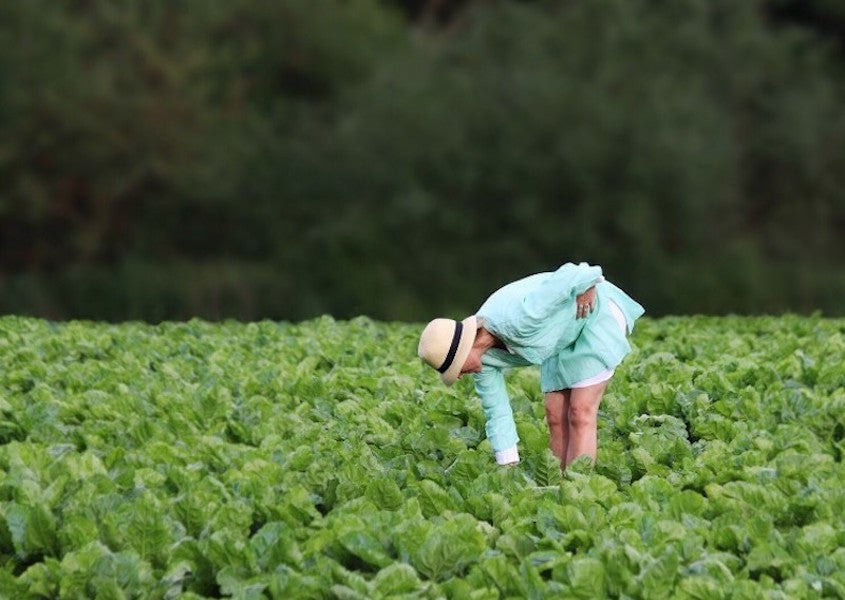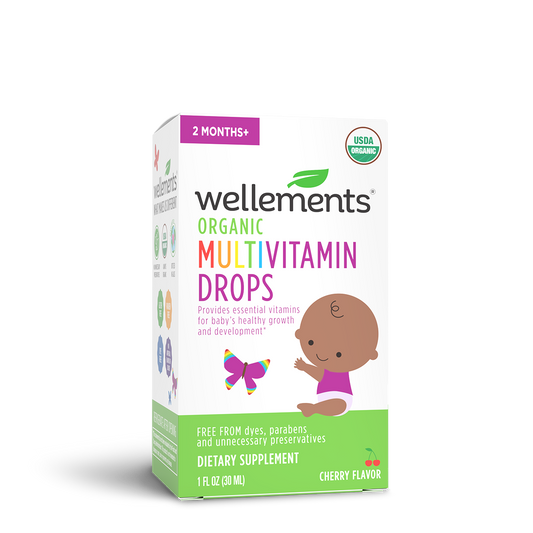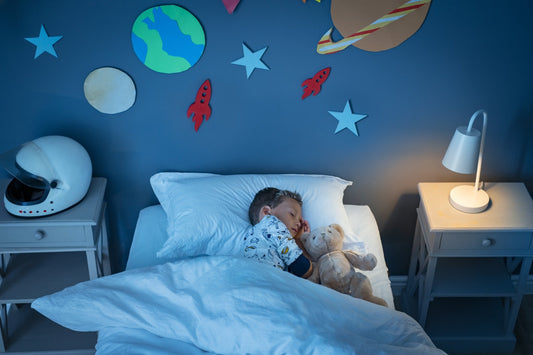So, What’s the Deal with Preservatives?
| updated:Share

With so much information at our fingertips, trying to figure out what the healthiest options are for our tinniest humans can seem very overwhelming. Lately, the word preservative keeps popping up in all my mom circles, so I thought I could shed some light on this topic for all the busy parents out there who needed a quick 101.
What Are Preservatives?
By definition, a preservative is “a substance used to preserve foodstuffs, wood or material against decay”. Yikes…not sure that I like where this is going! The reason that some companies use preservative in foods, beverages, pharmaceuticals, and paints is to prevent decomposition by microbial growth. In other words, adding preservatives means a longer shelf life for products. It might also mean that your product won’t need to be refrigerated. So, what’s wrong with a few modern conveniences? Well, the jury is still out on the hard and fast answer, but as we like to say, why be part of the experiment? I mean after all, nature didn’t intend for these products to last forever.
Are Preservatives Safe for Babies?
Since babies and children are smaller, their dose of any given chemical ends up being higher because of concentration. This is something I think about before giving anything to my children. Like I mentioned before, there is no clear answer at the moment on the effect preservatives have when it comes to our health but there are definitely some things you should keep in mind before using a product that doesn’t expire until 2025. Some people believe they are harmless while others believe that may cause the following side effects:
- Allergies
- Palpitations
- Headaches
- ADHD
- Cancer
Is it Alright to Give My little One Products with Preservatives?
As a parent of two, when in doubt, I always try to take the road of moderation. Driving yourself crazy about every little thing isn’t good for your family’s wellbeing or for your own health. I try to find companies like Wellements that understand the impact of preservatives in the products we consume and find ways to exclude preservatives from formulation. Sometimes that may mean a shorter expiration date or the need to refrigerate the product, but to me, it’s so worth the peace of mind that I am not adding unnecessary chemicals to my child’s diet. I always try and choose the best product available for my kids. I know I’m not perfect, nor am I trying to be, just doing whatever I can to make decisions that are best for my family.
“You do the hard work of parenting — we’ll do the work to ensure providing clean products for your little one is the easiest part.” – Wellements
3.8 /
5.0
(153)
153
total reviews
Multivitamin Drops
Sale price
$14.99
Preservatives in Baby Products
Many packaged baby foods jars and pouches are actually free of preservatives except for vitamin D. In the place of added preservatives, some manufacturers use methods similar to home canning to help keep baby foods fresh.
Some companies rely on natural preservatives such as lemon juice, citric acid and ascorbic acid, especially for fruits that tend to brown like apples and bananas. These ingredients are generally safe in small amounts. In fact, research from the National Cancer Institute indicates that ascorbic acid helps the body build healthy collagen and fight off bacteria and cancer-causing free radicals.
Despite the absence of artificial preservatives, some baby foods may contain potentially harmful ingredients. Avoid commercial purees that incorporate perchlorate, PFCs, phthalates, bisphenols, nitrates and artificial colors. The American Academy of Pediatrics released a 2021 policy statement about the potential harm of these common children's food additives:
- Perchlorate, a common chemical in dry food packaging and bottled water, can affect infant brain development and thyroid health.
- PFCs, or perfluoroalkyl chemicals, may affect fertility, thyroid health and immunity. Exposure to these chemicals commonly comes from household goods and food packaging.
- Bisphenols such as BPA impact fertility, puberty, body fat composition, and nervous system and immune health. Exposure results from food packaging and plastics, including the plastic used for some baby bottles and cups.
- Nitrites and nitrates, commonly used as artificial color or preservatives and in processed foods, can increase the risk of some types of cancer, impact oxygen delivery and affect thyroid health.
- Artificial colors, found in many foods marketed to children, can increase symptoms of attention-deficit hyperactivity disorder.
- Phthalates, found in many plastic products including food packaging, are associated with heart disease, obesity and hormone issues.
How To Avoid Preservatives All Together
Consider buying a small food processor or hand blender to puree fruits, veggies and other foods for your baby. With softer foods like banana and avocado, just mash with a fork! No special equipment is required for simple homemade nourishment.
When you do buy packaged baby food, read the label carefully to steer clear of the chemicals and components mentioned above. You should also check the shelf life since preservative-free products tend to spoil sooner. For this reason, most doctors recommend against buying commercial baby foods in bulk. However, pouches can last for about a year before expiring and jars keep up to two years in the pantry.
When you feed your baby, use glass or stainless steel instead of plastic if possible. Never microwave plastic, as this can release BPAs and other chemicals.



